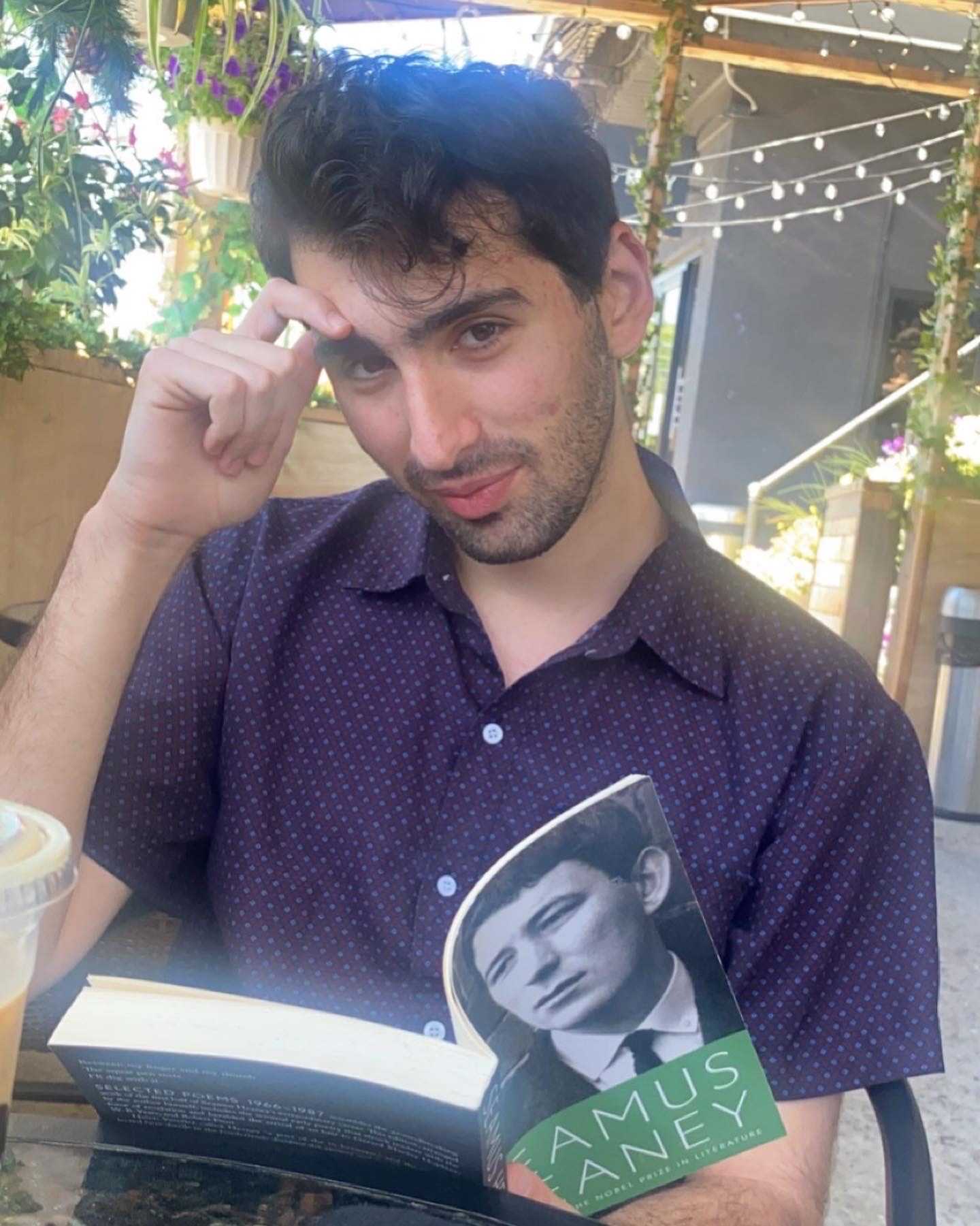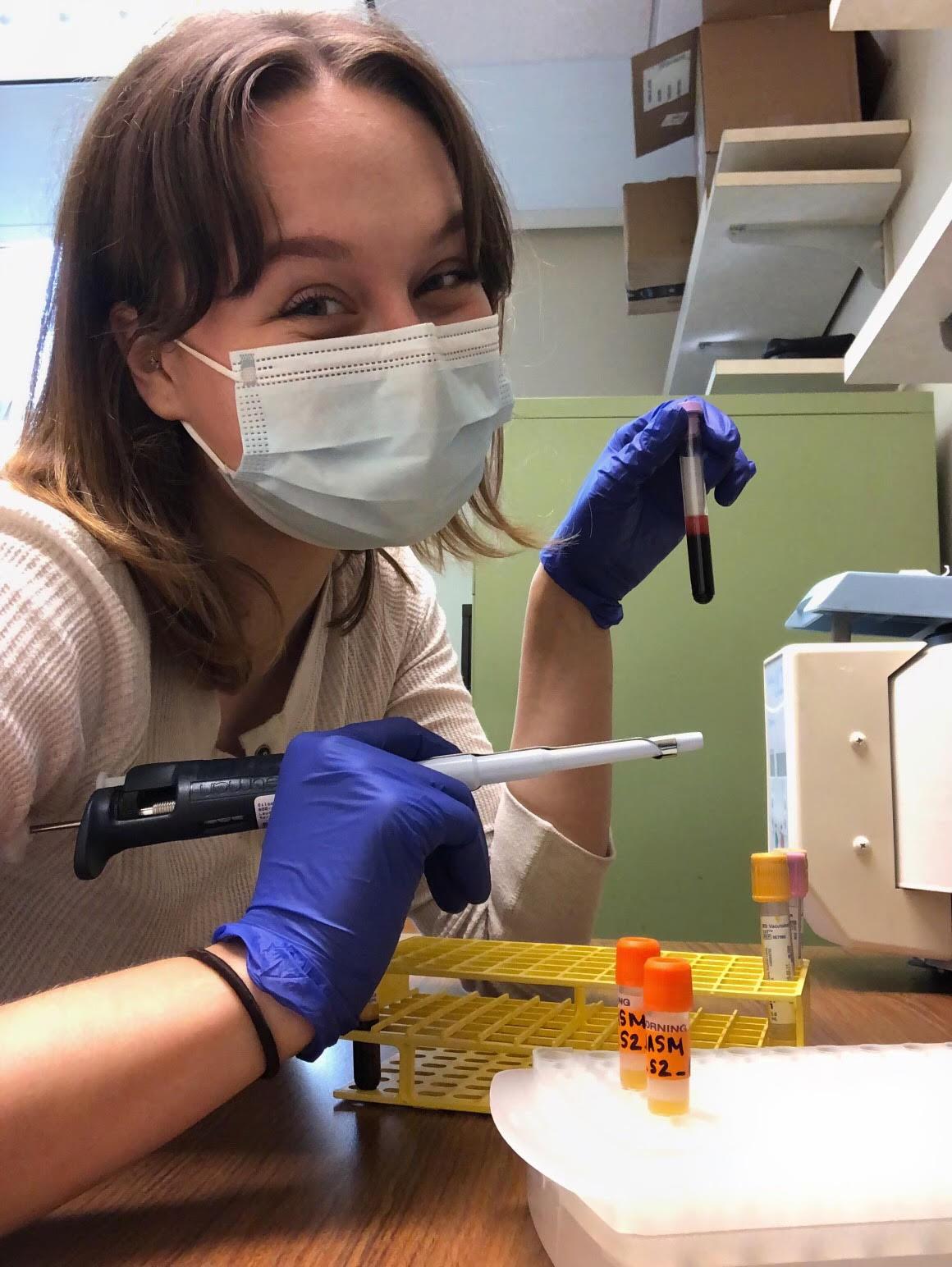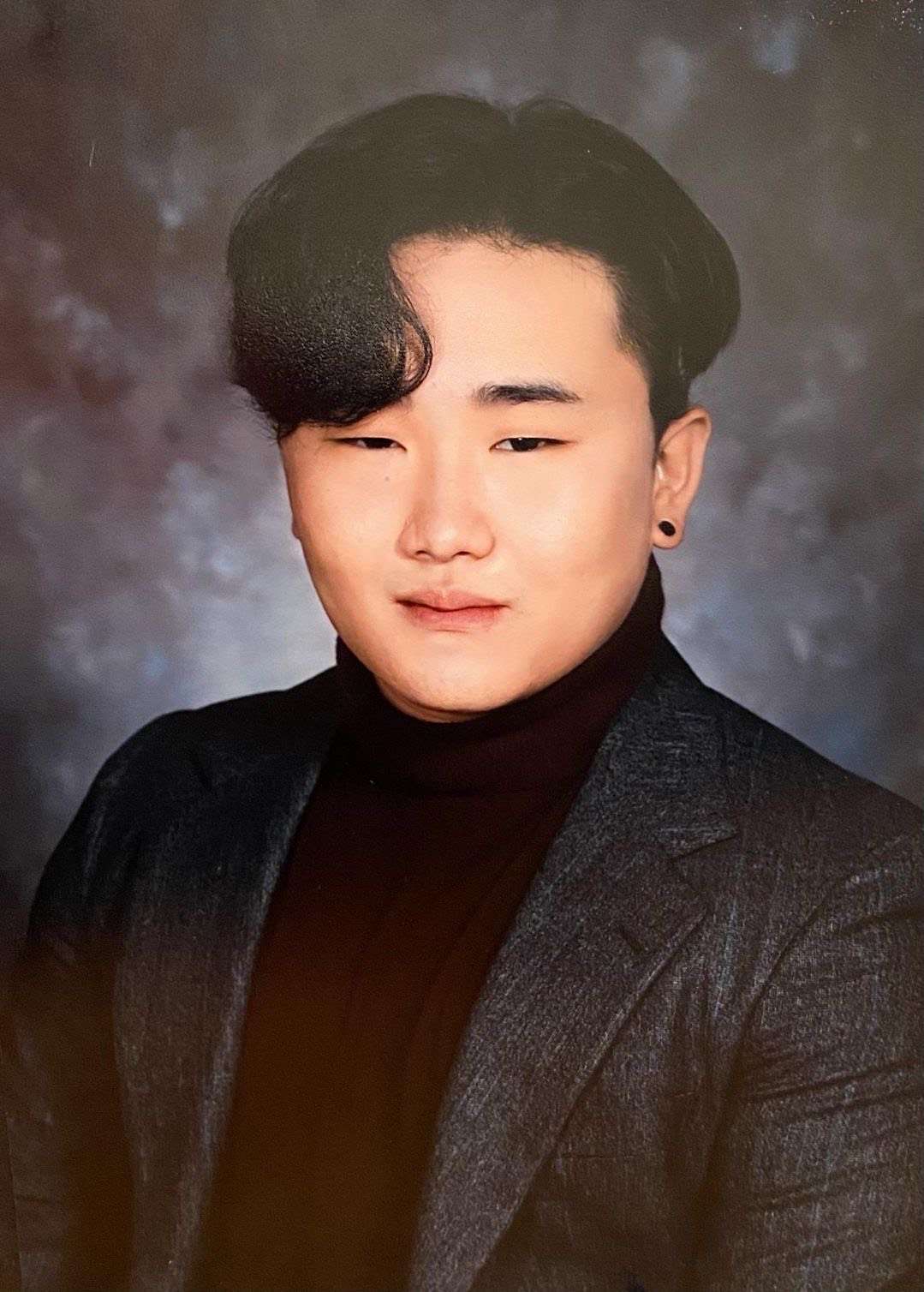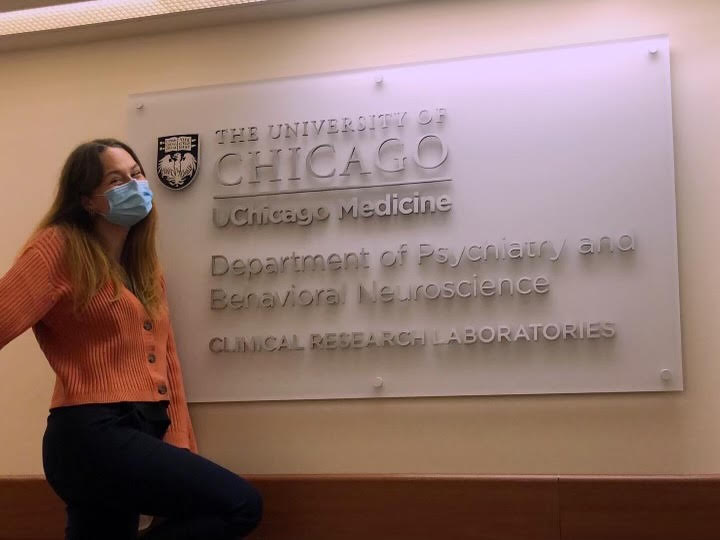Arcadia Grads Weigh in on Post-Grad Life
Whether or not you’re graduating this spring, I’m sure you’ve given some thought to life after graduation. It can be scary to think about, but better when you have a support network of people who’ve been through it, especially recent grads. Lucky for me, I know a handful who were more than happy to impart their wisdom upon the Arcadia community, and agreed to be interviewed about their post-grad experiences.
I spoke to Vincent Sergiacomi, English, 2022; Vic Fedorko, Psychology, 2022; and Henry Ryder, Psychology, 2022.



What career did you want to pursue when you first came to Arcadia?
Vincent: Some sort of writing or editing job. I’ve never been dead-set on a specific career path, but I thought English was a good general choice that aligned with my talents and interests.
Victoria: When I first came to Arcadia, I was interested in genetic counseling. We ended up selling that master’s program to UPenn my freshman year, though I found a love for psychology, so it all worked out!
Henry: Undeclared, though [I] had a strong interest in the field of psychology.
What have you been doing since you graduated? If you have a job, do you think it aligns well with your major and goals?
Vincent: I got a job as an editor at an investor relations firm about two months after graduation. The work is fine; it’s not the career I want forever, but as a remote position with hours that work for me it’s a good fit for my current situation.
Victoria: After Arcadia, I worked at a pharmacology lab at the University of Chicago. Under the direction of Dr. Harriet de Wit and Dr. Connor Haggarty, I ran daily operations for an MDMA drug study—including drug administration as well as EEG work. This job was incredibly close to my major, and really allowed me to focus on developing research experience. I’m currently awaiting a few more grad school results, and will be going for my master’s in epidemiology this fall!
Henry: Working with family and substitute teaching. I’m still debating grad school, though the substitute teaching is helping me think more about potentially working with kids and more specifically children with learning disabilities.
What have been the best and most difficult parts about post-grad life?
Vincent: The best has been having more financial stability and a degree of certainty about the future. Having grown up poor, it’s still a little bit of a shock to me that I’m in a position where I don’t have to live paycheck to paycheck anymore. The worst has been knowing that college is over and won’t ever happen again. My time at Arcadia was a truly unique part of my life that I’ll remember forever, and I’m grateful for the times I’ve had and the friends I made along the way.
Victoria: I’d say the best part about post-grad life is the freedom. You genuinely have so many options and can pursue just about anything. A post-grad salary is definitely a perk, too. As for most difficult… I found that moving away to a city far from all my friends was the hardest part. Not being in Oak Summit, where all my friends were mere hallways away, really sucked at first.
Henry: The best part for me is the freedom due to my job situation and the worst is definitely being apart from college friends.
What is the most valuable thing you’ve learned since graduating?
Vincent: Take it easy. The decisions you make immediately after graduation don’t have to define your entire life to come. It’s okay to not have a direction right away — find the lesson in every experience, think about what you have and what you want, and make decisions that will bring you closer to whatever makes you happy.
Victoria: Connections matter. Obviously your grades and your experience matter, too, but I’ve found that putting yourself out there and making connections/networking have been extremely rewarding.
Henry: The most valuable thing is that life is unpredictable and doesn’t always go as you planned, but that’s fine as long as you are staying productive and happy.
What should students start doing now to prepare for post-grad life?
Vincent: Be proactive. If you’re interested in doing something — a job, a career path, a hobby — figure out what you need to do to get there and start laying the foundation. As they say, the best time to plant a tree is twenty years ago; the second best time is right now.
Victoria: Well, piggy-backing off of the previous answer… start making connections now! It is not too late, and it will absolutely be worth it. Getting to know your academic advisors and professors is a great place to start.
Henry: I feel living situation is the thing that should be most thought about. Of course that can differ depending on jobs, though I would just say to stay on top of it and make sure to stay in budget. [I’ve] seen some people struggle on that end.
What would you say to students who aren’t sure what they want to do after graduating?
Vincent: It’s gonna sound annoying when people keep saying it to you, but give it time. Go out, live your life, try new things, and learn lessons from your experiences. Maybe you’ll find your calling, or maybe you’ll find you didn’t need one to be content.
Victoria: Don’t be afraid to start small. If you’re not sure of what you want to do just yet, start with an internship or a small role in a company. “Sampling” a career can be incredibly helpful in deciding whether or not that career is right for you!
Henry: Like I said previously, life is ever-changing and even the best of plans can fall through…I’m not saying not to make plans, definitely do. Just make sure you can roll with the punches and be flexible. Being too rigid could make you miss great potential opportunities or stress you out so much the original plan will collapse.



